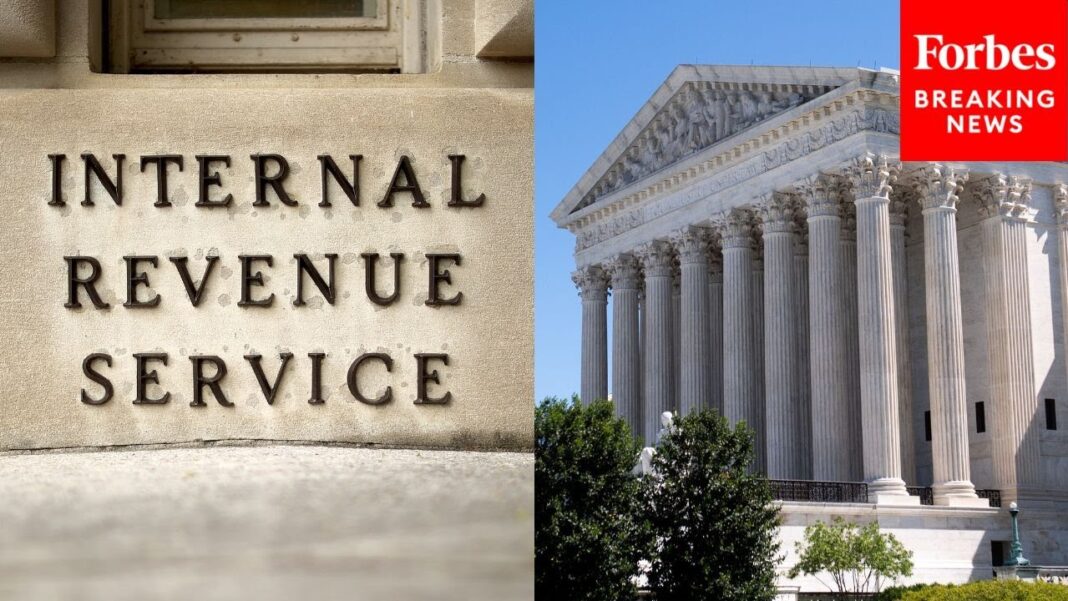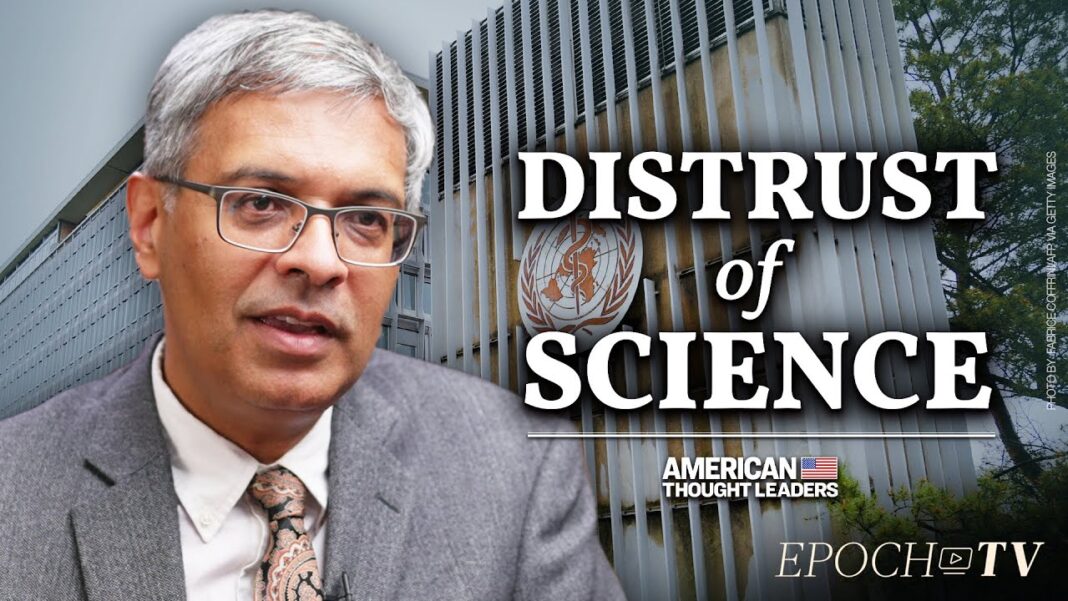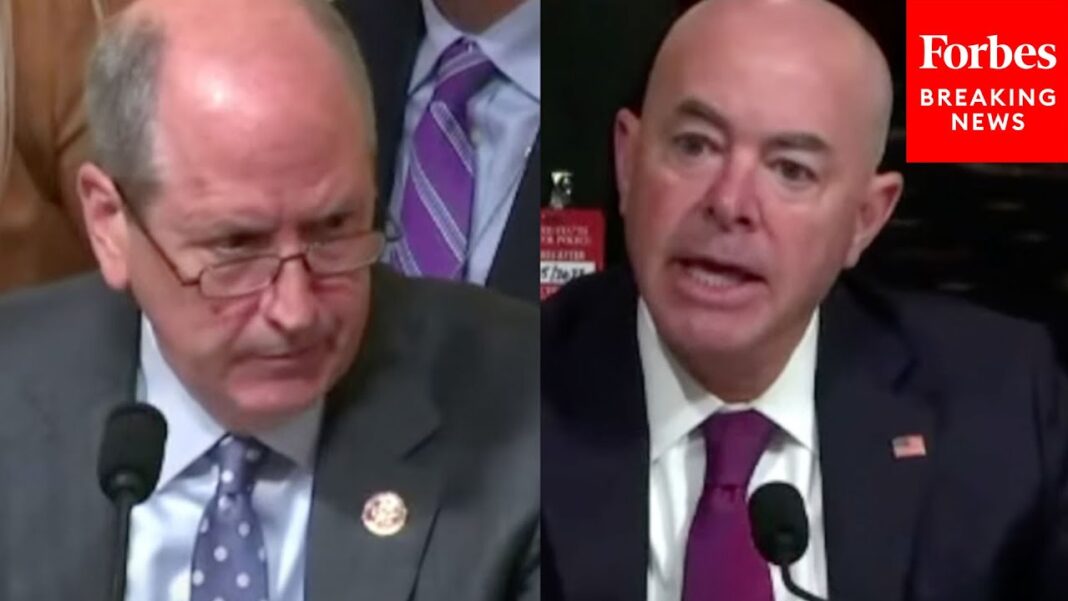
The Supreme Court has agreed to hear a case about the IRS seizing bank account holder records to collect a debt from a different taxpayer.
The Dec. 9 ruling comes as some federal lawmakers in the new Congress that will be seated next month prepare to grapple with President Joe Biden’s attempt to boost enforcement efforts by the IRS. The Biden-backed Inflation Reduction Act, which the president signed into law in August, allocated almost $80 billion to the IRS over the coming 10 years for increased enforcement. An estimated 87,000 new IRS agents will be hired.
While Democrats say that the IRS has long been underfunded, Republicans, who take over the majority in the House of Representatives in the coming weeks, say the extra money will be used to harass taxpayers, and they’ve promised to rescind the funding.
The court issued an unsigned order on Dec. 9 in the case, Polselli v. IRS, court file 21-1599. The justices didn’t explain why they granted the taxpayer’s petition. No justices indicated that they disagreed with the decision.
Hanna Karcho Polselli and two law firms are suing after the tax-collection agency obtained their records without notification in an attempt to collect upward of $2 million in tax debts owed by Remo Polselli, Polselli’s husband. The law firms of Abraham and Rose PLC and Jerry R. Abraham PC had acted on behalf of the husband.
Polselli and the law firms argued in court papers (pdf) that the U.S. Court of Appeals for the 6th Circuit departed from a 2000 ruling by the U.S. Court of Appeals for the 9th Circuit, creating a circuit split that they say the Supreme Court should resolve.
The 6th Circuit held that the disputed summonses were lawful because they were covered by an exception in the tax code pertaining to third-party record keepers. The 6th Circuit rejected the 9th Circuit’s holding that the exception applies only when the targeted taxpayer has a recognized legal interest in the records.
The legal question here “implicates fundamental, constitutionally recognized privacy rights, and this case is an excellent vehicle for resolving” the circuit split, a brief states.
The Center for Taxpayer Rights filed (pdf) a friend-of-the-court brief supporting Polselli, arguing that the 6th Circuit’s interpretation created opportunities for “abuse.”
“The Sixth Circuit’s interpretation of one exception leaves a gaping hole in [tax code] protections,” the brief states.






